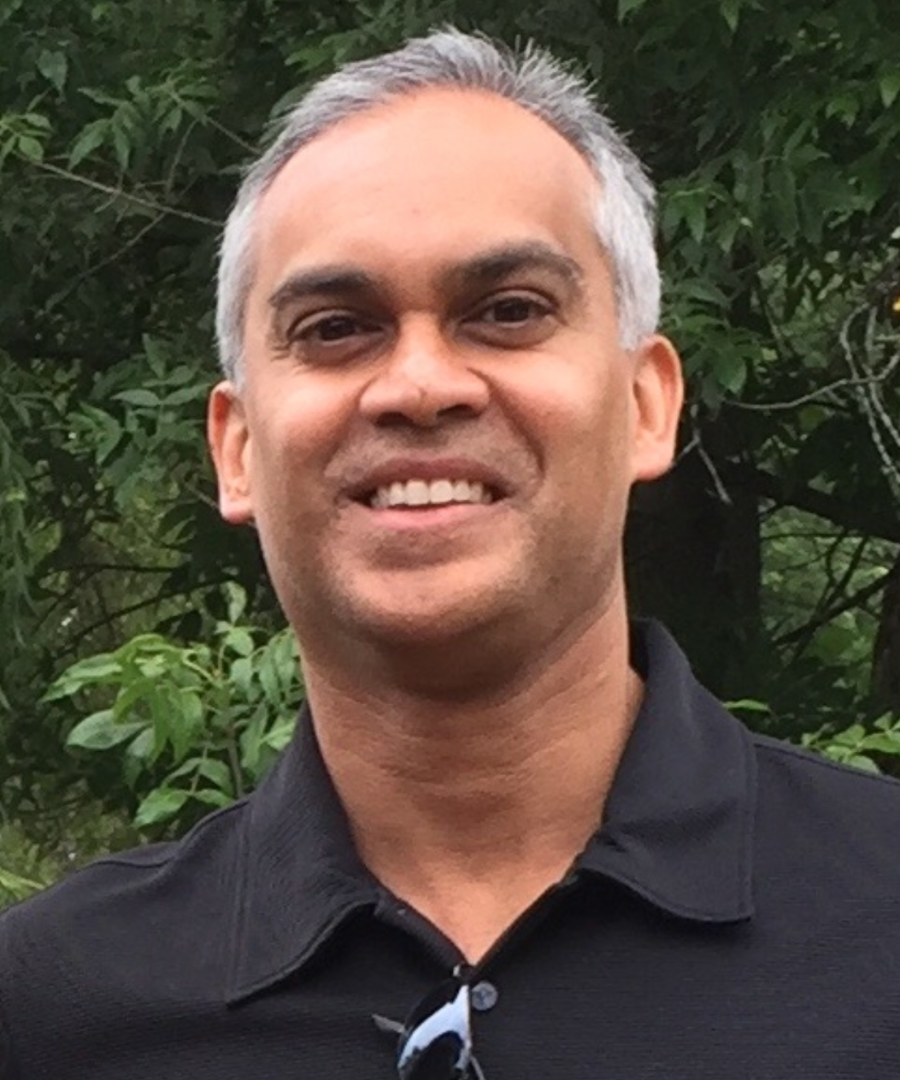Volunteer Spotlight: Aftab Ali
Luminus launched a pilot mentorship program in February 2023 with just three mentors based on the belief that mentorship is a powerful way to support and empower new Americans. Today, the program has grown to eight active volunteer mentors and 16 clients. Aftab Ali is one of those mentors.

Aftab remembers the challenges his family, who immigrated from South America to Canada, faced as immigrants trying to assimilate into a new country. After moving to the United States as an adult, Aftab recognized that “we’re a country of immigrants, some of us are just newer immigrants.”
This experience shaped Aftab’s view of the world, motivating him to volunteer in a place that welcomed and empowered those newer immigrants. Aftab was initially drawn to Luminus’s mission and work with Afghan immigrants. “A lot of people were brought here not by choice but by circumstance and it tears your heart to just sit back and watch them face the same challenges you yourself faced. I want to be able to help, in whatever way I can.”
Having worked in Information Technology for over 25 years and in the cybersecurity field for the last 10, Aftab was well positioned to work as a mentor.
When Aftab was matched with a mentee, his first goal was to understand his mentee: what were his goals, his background, his skillset? “I needed to know where he was at that moment and where he wanted to go, meaning the career he aspired to have,” Afatb said. “It’s really important to understand the person’s goals, because mentorship is about more than just building a resume or search for a job—it’s about building a long-term plan and empowering them with the tools to be self-supporting.”
Often, this process reveals gaps between a person’s qualifications in their home country versus in the United States. Aftab’s mentee was educated in the IT field and was hoping to work in that area. However, he lacked the necessary experience valued in the United States. Aftab worked with his mentee to bridge that gap with courses, work experience, and even simple online research. “Some people just don’t know what’s available or where to turn,” Aftab said. “And helping them know where to go for the right resources is an important part of mentoring”
Being a mentor is not always easy, and the hardest part of the job is setting realistic expectations. Often, foreign qualifications and certifications are not accepted in the US. Aftab works hard to strike a balance between encouraging his mentee and making sure he understands the barriers to achieving his goals. “The worst advise you can give to a person is ‘that’s not achievable.’ It’s much more encouraging to acknowledge that there are challenges, but at the same time, letting them know these are the steps to get there.”
Over time, Aftab and his mentee realized that his dream of working in IT was not attainable in the short-term. Aftab was disappointed, since “I was not able to guide my mentee to secure a position in the field he truly desired.” However, Aftab was able to help his mentee obtain a position in the education sector which he had experience in.
Volunteering as a mentor has been, and continues to be, an incredibly rewarding experience for Aftab. “I’m always looking for ways to give back. I understand the challenges immigrants face and I embrace the opportunity to empower them with the skills and resources to be successful.”